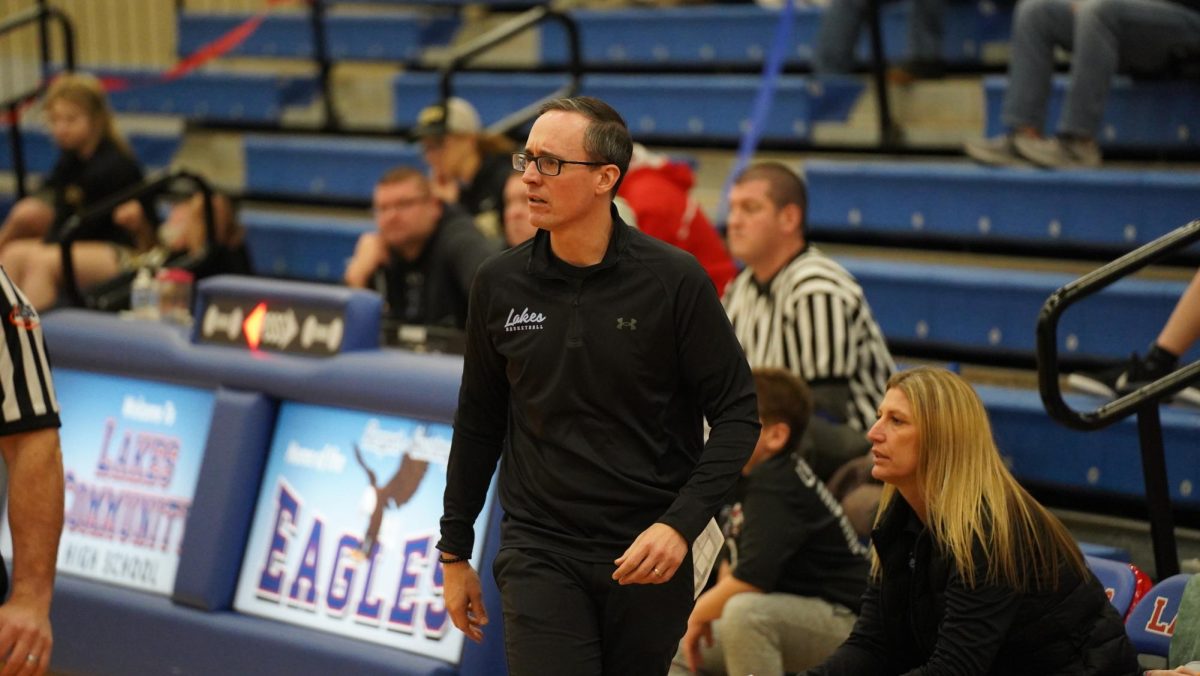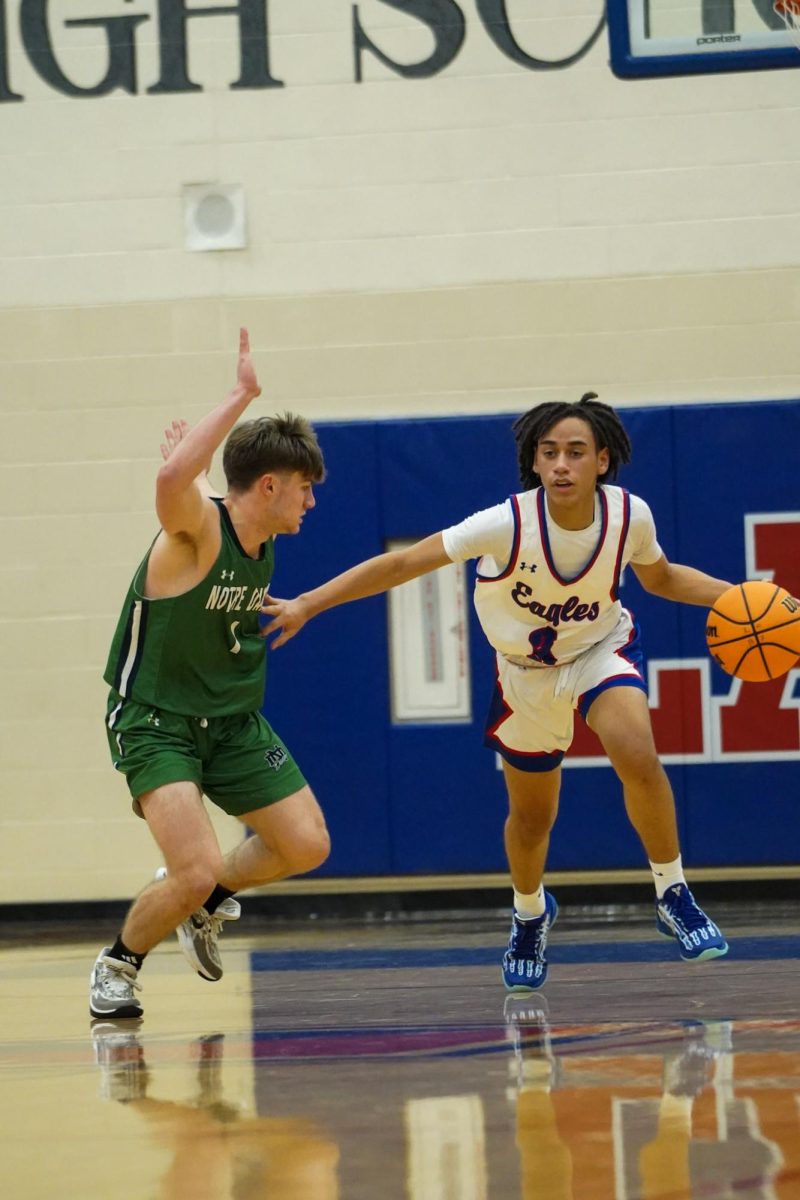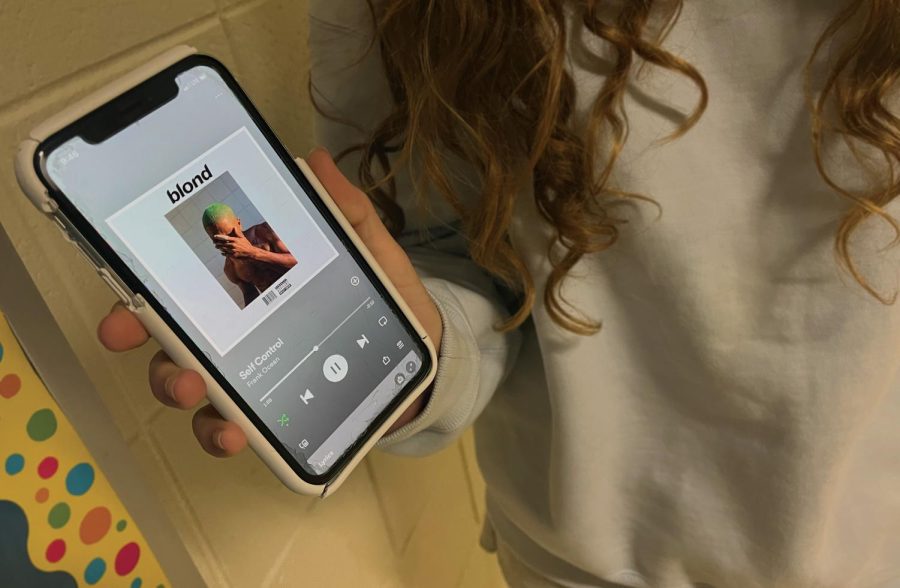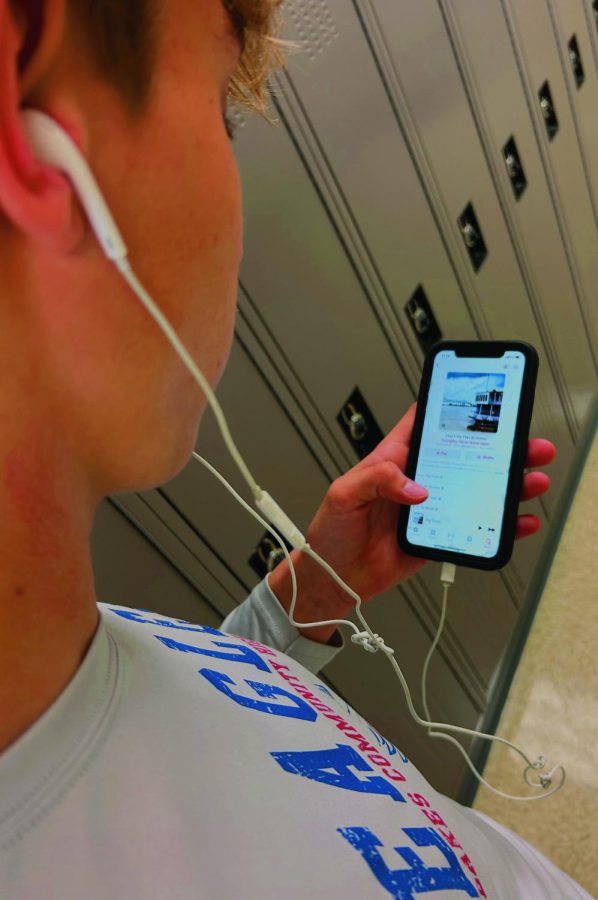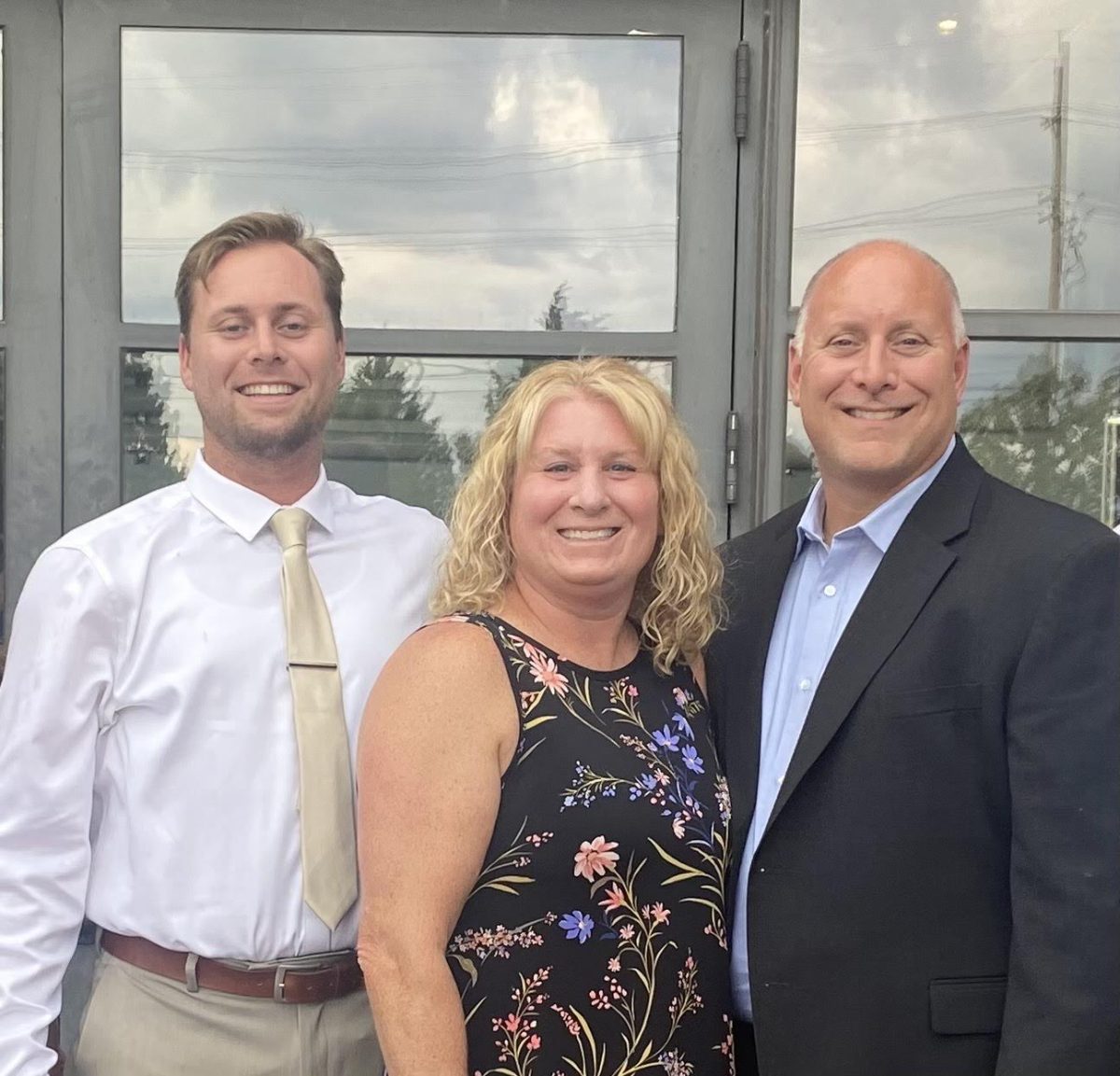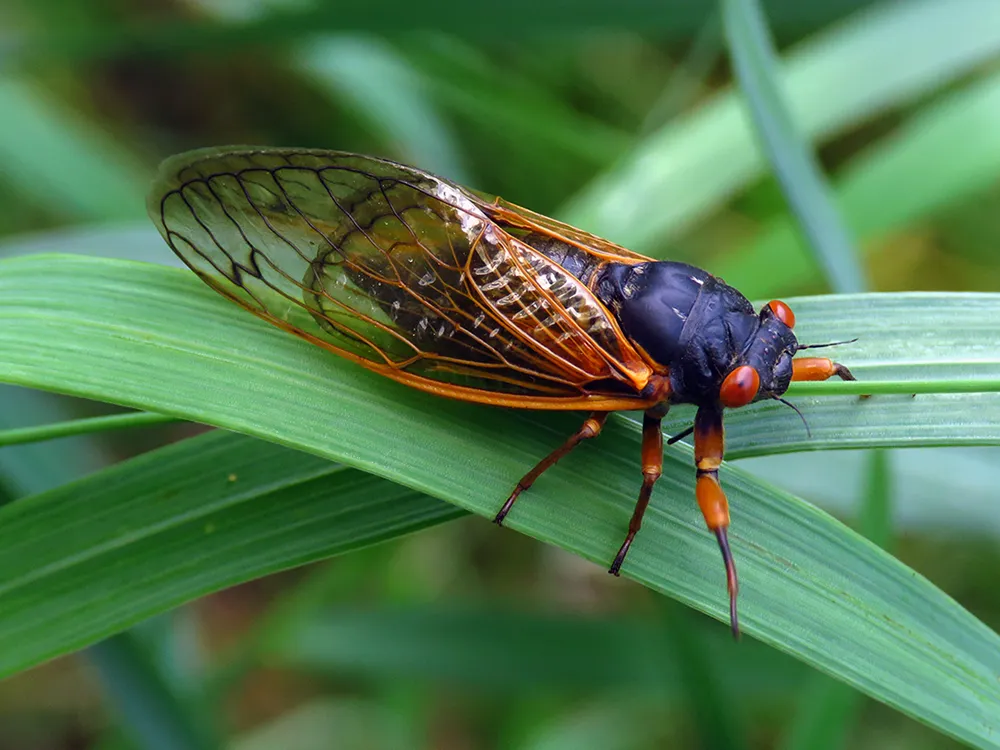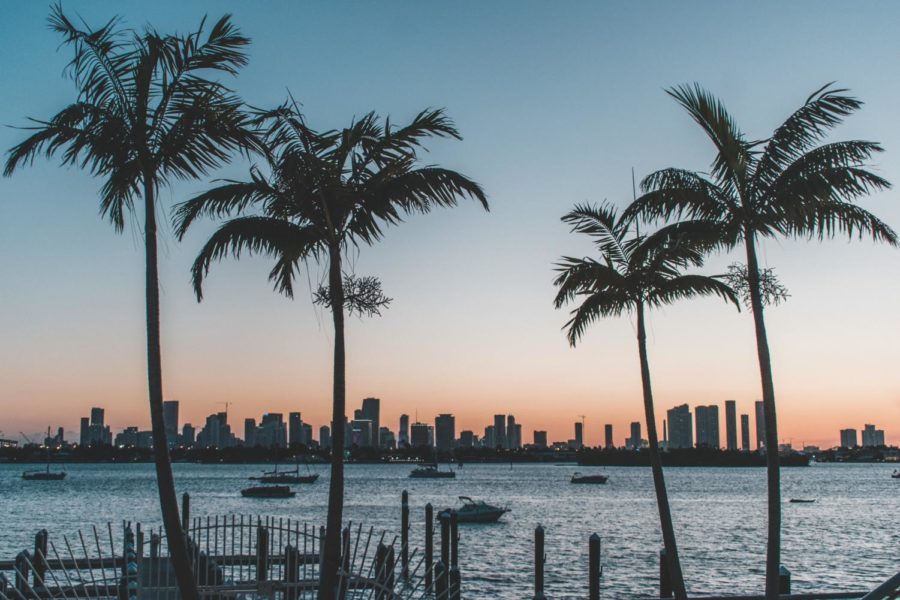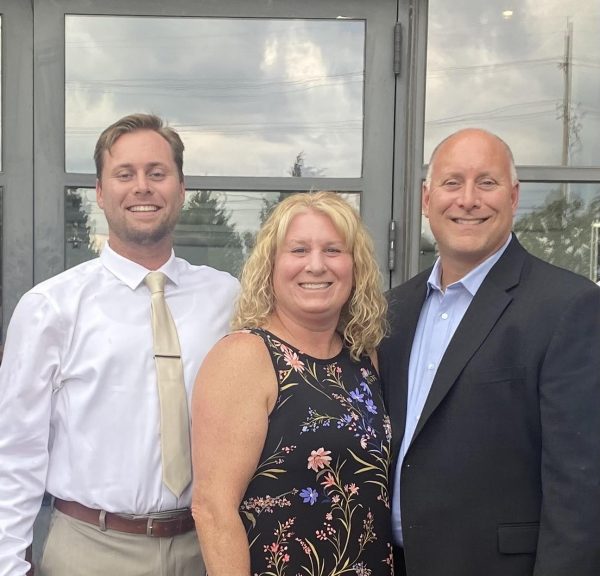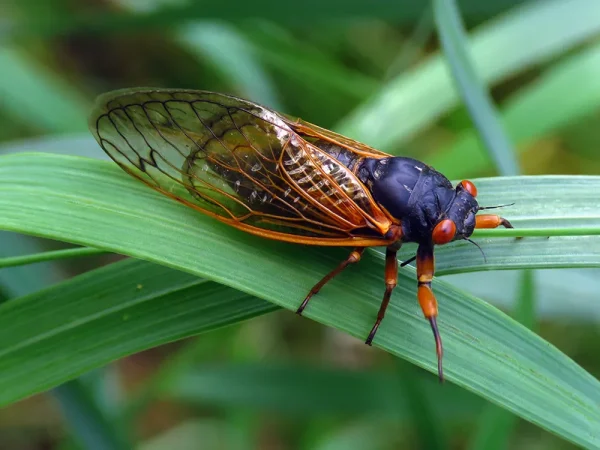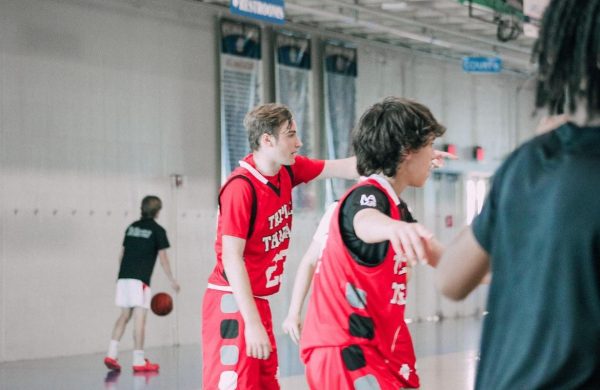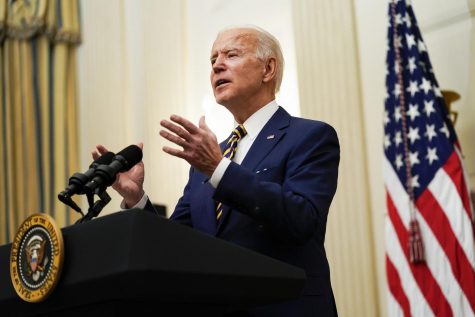How Spring Break May Affect COVID-19 Cases
In March of 2020, travelers gathered on beaches, towns, and cities to celebrate spring break. This all occurred just as the World Health Organization declared COVID-19 to be a global pandemic. At this time with research still to be done and guidelines yet to be set, few cases of social distance or facemasks were seen. Spring break of 2020 was a perfect opportunity for COVID-19 to spread across the U.S., as travelers returned home, they brought along with them the virus, fueling the spread in local communities. As a similar situation occurs this year, health experts fear the potential surge to be triggered by spring break travels.
Since the holiday surge calmed down, COVID cases and hospitalizations have been declining overall. However, as variants and mutations develop and spread, we are not in the clear. According to Bosa-Osorio, a family physician at Community Health of South Florida, Inc., “as long as we haven’t reached herd immunity — which occurs when most of the population has some level of immunity through both previous infection and vaccination — new surges will likely occur.” Bosa-Osorio expects to see another surge in COVID-19 cases following this year’s spring break festivities.
As travelers return, communities have begun to take precautions to prevent further spread in their area. For example, the Grand Traverse County Health Department and Michigan Department of Health and Human Services were holding free drive-thru COVID-19 testings at Traverse City Central High School. This helped ease concern over travelers bringing home the virus while allowing them to avoid full two-week self-isolation.
As the B.1.1.7 variant, first detected in the United Kingdom and thought to be more transmissible, spreads across the country and is estimated to be the cause of 8 percent of new cases in Florida, a popular spring break location with lifted mask mandates. Health experts, including Dr. Scott A. Weisenberg, an infectious disease specialist and the medical director for NYU Langone’s Travel Medicine Program, have expressed concern over new surges bringing about new variants. “The more the virus transmits, the more chances it has to replicate, mutate, and emerge new variants,” Weisenberg explained.


